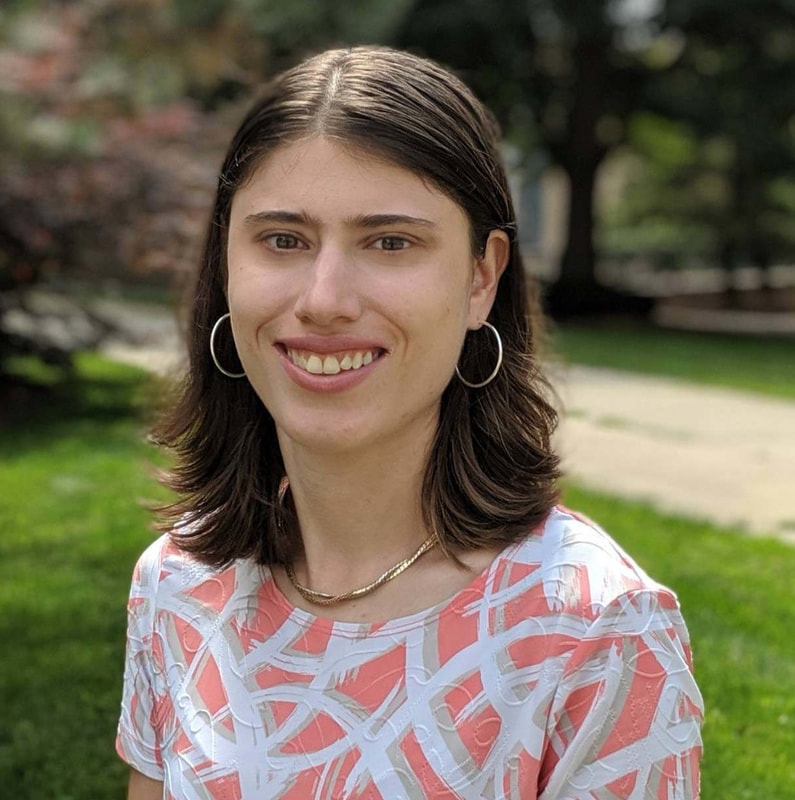1/29/2018

I always feel sad when I see an ad that gets me energized and excited to support a cause, only to be left not knowing what I can do to support that cause. I get worked up, I get jazzed, I’m ready to do something but I have no place to channel or direct that energy in a productive way. Which means, in the end, I will likely forget about the cause and go about my normal course of activities.
And it’s not because those causes didn’t include a call-to-action in their ads. It’s because they didn’t include a specific call-to-action or “ask”.
Many of these ads tell me to do something like: SAVE THE OCEANS! REDUCE YOUR CARBON FOOTPRINT! START WITH ONE THING! (that drives me to a website that features a list of 1,000 one-things I could do)

These asks are way too broad and vague. I get excited, but I have no idea HOW to reduce my carbon footprint, or HOW to save the oceans, or WHAT specifically I can do to help.It’s human nature to not act
People are extremely busy creatures. They don’t have the time to, or the interest in, researching various issues to understand what actions they can take to contribute to a cause. And when your audience feels overwhelmed or unsure of what to do, then it’s extremely likely they won’t do anything at all.
IT’S HUMAN NATURE: Unless you tell us specifically what to do, then we’re likely not going to do it.
It takes more energy to do something – to act – than to do nothing. I know that seems SUPER obvious, but it’s important to not forget that fact (called “inertia” for the human behavior geeks out there).
Therefore, it’s important to make your “ask” very specific and clear to your audience so they know what to do, and they do it.
Being clear and specific means focusing on a single “ask”
Of the list of actions you want your audience to take, pick one thing to ask them to do. And make it something they can actually do!
I know it will feel too difficult, and like too much of a trade-off, to select only one thing to ask your audience to do. But it’s a critical decision to make if you want to move people to act. Pick the most urgent one, or the easiest one to get people to start acting, or the most relevant one to the time of year.
Ask your audience to do specific things like:
- Unplug chargers when not in use.
- Donate $10 or more a month.
- Bring a reusable grocery bag with you every time you go shopping.
If you have a laundry list of asks, then switch out your call-to-action with another action in 2 months’ time. But keep your messages and “asks” to only one action at a time.
There is ALWAYS an “ask”
Do you feel like you’re just trying to raise awareness and you don’t have a specific “ask”? Then, you should STILL include an “ask” of your audience! If your main goal is to raise awareness, then there are smaller things you can ask of your audience to engage them and spread the messages further.
Such as:
- Tell your best friend about this cause
- Share this message on your Facebook page today
- Read more about Gita’s journey out of poverty (from Sudara)
- Sign-up to receive updates
Bottom line
ASK your audience to do something and be crystal clear about what it is you want them to do. Need help figuring out the one, specific ask? Then drop me an email and we’ll work on it together.
Brooke Tully supports non-profit design marketing plans that propel social change. She also produces a bi-monthly newsletter with marketing and behavior insights for brooke’s2cents subscribers.



Leave a Reply